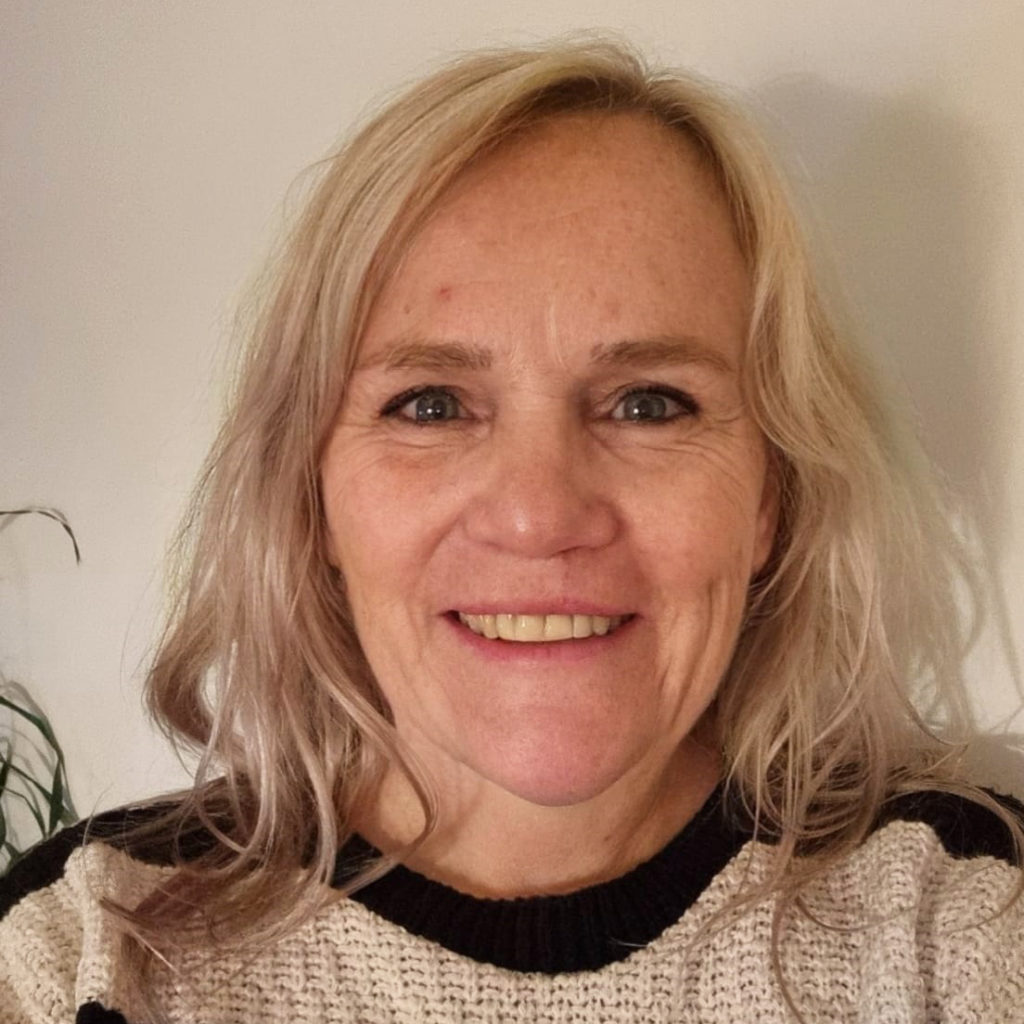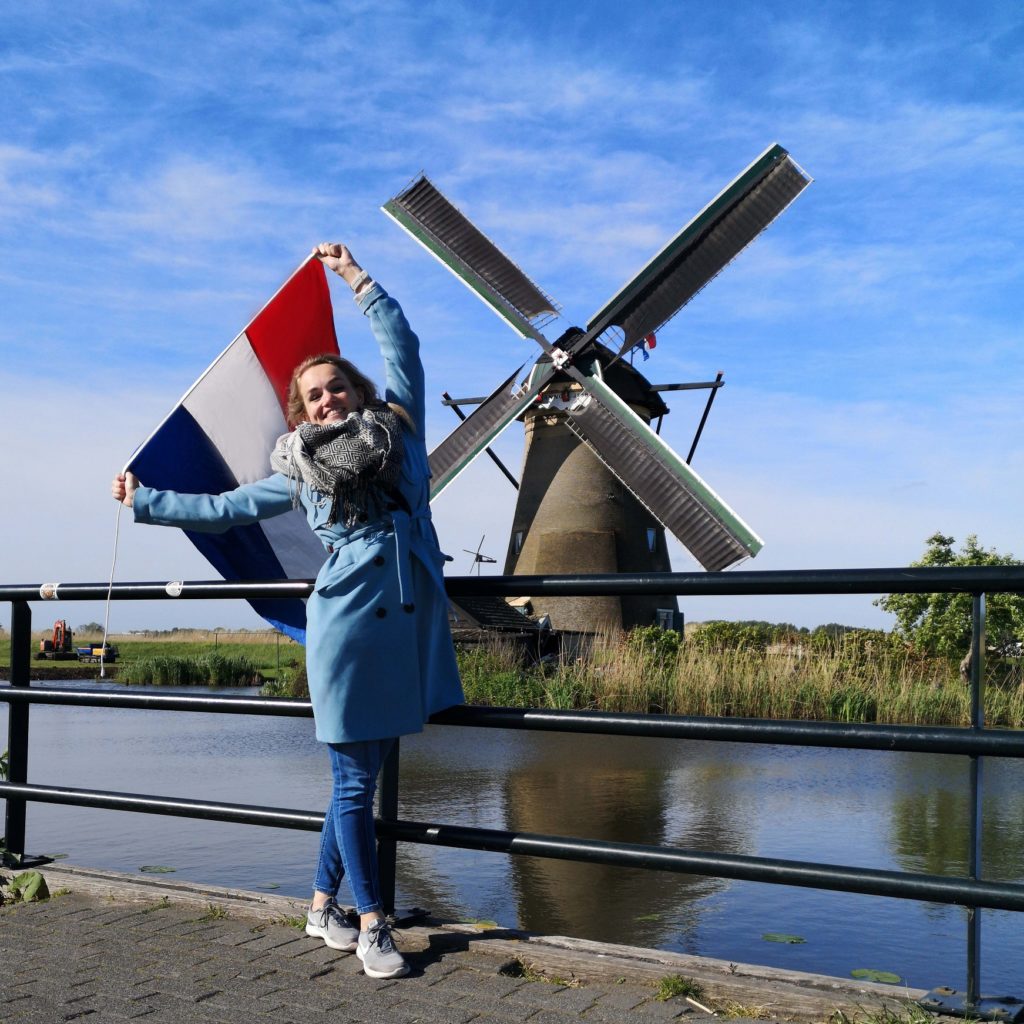Residency
Planning a world trip

By Jaimy de Vries
Deregister from your place of residence is not something you need to think about if you’re traveling for a couple of months, but when you travel for more than 8 months changing your registration at the municipal is something you’ll need to deal with. There are some consequences of a deregistration from the municipality. It can be an advantage or a disadvantage. It just depends on how you look at it: it can save you money but it will cost you money in the future. A deregistration had consequences for your insurance, pension and house. Underneath I’ll explain more.
When someone moves abroad or traveling more than 8 months you’ll need to deregister from the Municipal Personal Records Database (in Dutch: Basisregistratie Personen). Then your personal data is transferred to the non-residents section of the Personal Records Database. This is known as the Non-residents Records Database (RNI).
The move or start of traveling needs to be reported on the day of departure or a maximum of five days prior to the move. You will then be deregistered from your address in the municipality. In some countries they ask for proof of your deregistration from the Netherlands. Especially if you want to stay in the new country for a longer period of time and/or if you want to register there. You will receive the proof of Deregistration (ask for it if you do not receive it automatically). If you are going to deregister from the BRP, it is not mandatory to register elsewhere. You do not have to register (abroad) as a resident. If you register at another address in the Netherlands, you should in principle live at that address. In some cases, however, you can provide a letter or postal address without living there.
What are the consequences of a deregistration from the municipality?
There are some consequences of a deregistration from the municipality. A deregistration had consequences for your insurance, pension and house. Underneath I’ll explain more.
Insurance
There are a number of insurance policies that no longer provide cover if you are deregistered from the BRP, just as the liability-, healthcare and home insurances. If you are not registered at the municipality (and traveling for longer than a year), in some cases cannot take out health insurance at your home country. You can arrange cover for your medical expenses abroad through a special travel insurance policy. This can be an advantage as well. With an all-in special travel insurance you have good health coverage and the monthly costs are way more lower than the monthly healthcare costs we pay in the Netherlands. The costs for a basic healthcare insurance in the Netherlands is € 124,- each month! The costs for a special travel insurance are around € 45,- and that’s including trip protection. So you can save up a lot of money

each month. But make sure if you’re obligated to keep your health care insurance, because if so and you don’t you can get a seriously big fine.
Pension
The AOW is a basic pension in the Netherlands for people with the state pension age (now that is 67 years). You will receive AOW if you have been insured. You are usually insured if you live or work in the Netherlands. For every full year (between your 15th and 65th birthday) that you stay abroad the accrual for AOW (pension) is temporarily stopped. This means that you will receive a discount on your payment of 2% each year you’re deregistered. In 2021 the monthly AOW pension was € 1.226,-. A 2% discount on your AOW means that you’ll receive a lower monthly amount of € 24,51 each year you’re not a registered citizen. This amount can change due to inflation. You can prevent this discount on your AOW happening by taking out voluntary insurance, but this is not cheap.

The AOW is an insurance, so that everybody (who is insured) gets a minimum income. In the Netherlands it’s quite normal that in addition, you build up a supplementary pension with your employer or you take a private insurance. If you resign from work, you will no longer accrue a pension. Your future pension is therefore lower and you’re also no longer insured for the financial consequences of incapacity for work and death. But the pension you already build/saved will stay. Even if you go abroad or emigrate.
ANW benefit
If you start living or working outside the Netherlands, you are usually no longer insured under the Algemene nabestaandenwet (Anw) translated as: National Survivor Benefits Act. The benefits is a financial support from the government for people whose partner has died, and for children who are orphaned. This is a benefit after the death of a partner or for children without parents (orphans). If you travel long-term and aren’t registrerd at the municipalty anymore, your family won’t receive an Anw benefit if you die. But this is something you can add to your travel insurance policy.
Nationality
Deregistration from the BRP does not mean that you are no longer a Dutchie. You’re just not a registered citizen anymore. You simply keep your Dutch passport and you will also keep your social security number if you are deregistered.
The DigiD is linked to the government database; therefore they should get a notification from the municipality about your deregistration. However, you will still be in the records database because this is a unique login connected to your social security number in the Netherlands. The DigiD will expire after three years if it has not been used. If you choose to come back to the Netherlands after that time, you will need to reactivate it.

A tip: for Dutch people we have an organization that can help & give you good advice about insurance, deregistration municipally etc. It’s called the BuitenlandZaken Service van JoHo
Special thanks to Bootsnall.com for all the guidelines and information on how to plan a round-the-world trip!